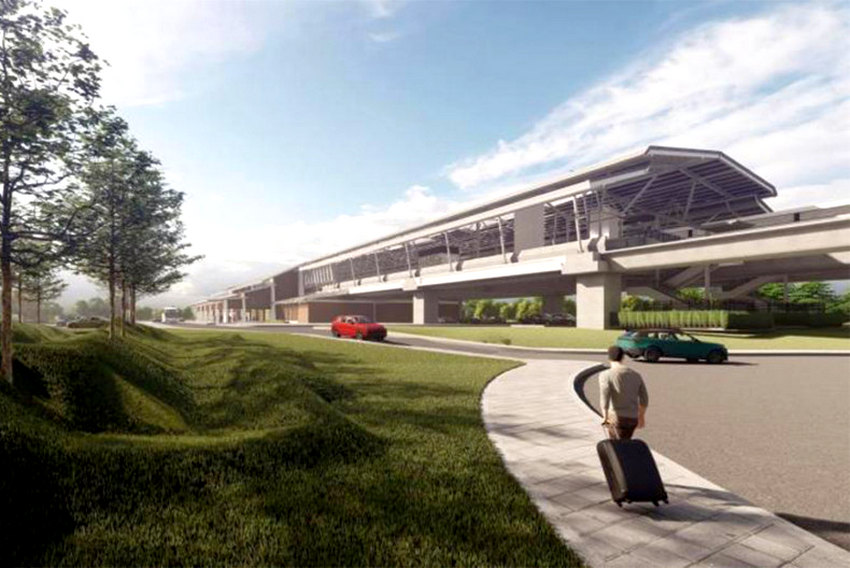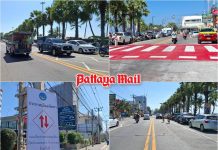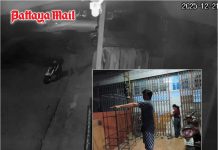
The plans to build a highspeed rail link from Bangkok airports to U-tapao airport near Rayong has hit yet another snag. The international consortium Asia Era One, spearheaded by the Charoen Pokphand Group, is now facing the need to build a costly tunnel south of Pattaya to link with U-tapao as there is insufficient available land above ground to complete the job. According to the South China Morning Post, executives are balking at the expense with the final amount still being costed.
The prospect of a tunnel over part of the proposed route has not hitherto been announced, although the whole scheme has suffered non-stop issues since its inception five years ago. The scheme is part of the Eastern Economic Corridor (EEC) in three central provinces, including Chonburi, which aims to foster advanced industries as a pivotal engine of growth. The highspeed train is seen as essential to link the metropolis with a futuristic megacity (yet to be built) to transform the area adjoining U-tapao.
The initial plan to have the railway operational by 2025 has now slipped to 2029 and even beyond. Meanwhile the whole concept of the EEC, a brainchild of the post-coup, military-backed administration and established by decree and not by parliament, is further compromised by environmental concerns. These include sea pollution in some areas and concerns that mammoth data centers, which store computer equipment and digital data, use gigantic amounts of water and electricity.
General Prayut Chan-o-cha, the then prime minister, announced in 2017 that the sprawling and export-orientated EEC would promote electric vehicles, artificial intelligence, “S” curve technology-based industries and a hitech medical city (not yet built) to care for both Thais and foreigners. Pattaya itself has benefitted from some EEC initiatives relating to harbor improvements, ring roads and beach reclamation. Separately, investors now have to take into account the new Donald Trump administration in the USA which is likely to subject China and friends of China to additional tariffs on imports. It never rains but it pours.










